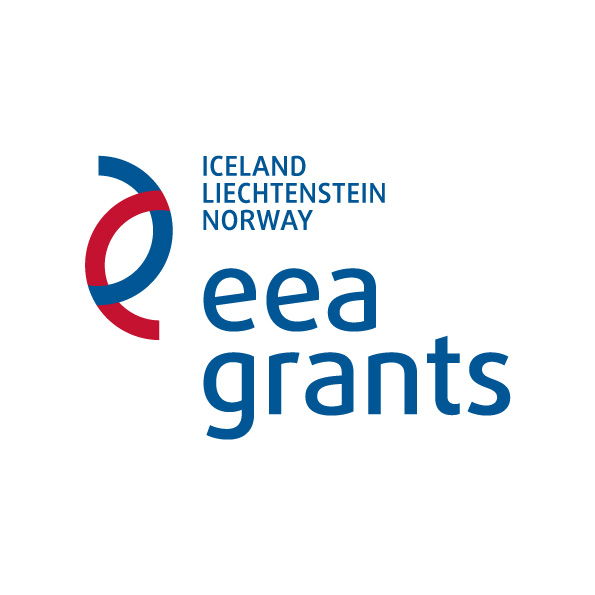Trends that are changing education in XXI century
Lithuanian College of Democracy October, 2015 – September, 2016 implemented the project “Competencies development by cooperation and knowledge exchange in adult education“. Main aim of the project was to develop the teaching and managerial staff competencies in adult learning, improve cooperation and the exchange of knowledge in the field of adult education between educators and education provider, enhancing their skills and ensure the dissemination of publicity. Project is funded by Lithuanian College of Democracy and Norway grants financial mechanism.
Adult education is a base of a competitive, knowledge-based economy
Few Lithuanian state strategies (Lithuania’s Progress Strategy, National Education Strategy) outlines the citizens creativity, expression, promotion of cooperation, openness to innovation, capacity to reflect, enhance motivation, to implement data analysis and self-evaluation based education culture. Intercultural dialogue, based on freedom and opportunity to express oneself, the desire and the ability to listen to what others have to say are emphasized at European level.
According to the European Commission, adult learning includes formal, non-formal and informal learning. It can seek to improve basic skills, acquire a new or upgrade their existing skills, retraining, personal development or just to learn for fun.
Innovative problem solving and data skills methods
Every day we face the huge flow of information, which is difficult to remember even with a very good memory. A problem-solving training offers a way out: it is important to create the conditions to acquire and manage the available information.
Several problem-solving methodology features can be named as:
* Learning is initiated and organized according to real-world situations that do not have a single and clear decision.
* Training programs and the educational process is organized to solve problems rather than study the course topics.
* Learning is based on work in small groups.
* Students perform cognitive activities while tackling the problem.
* Learning process aims to reach individual learning goals.
* The teacher becomes a facilitator.
* Developing cognitive abilities, encouraging motivation.
* Developing the lifelong learning skills.
Further information can be found at: http://ec.europa.eu/epale/lt/resource-centre/content/xxi-amziaus-mokymasi-keiciancios-tendencijos

